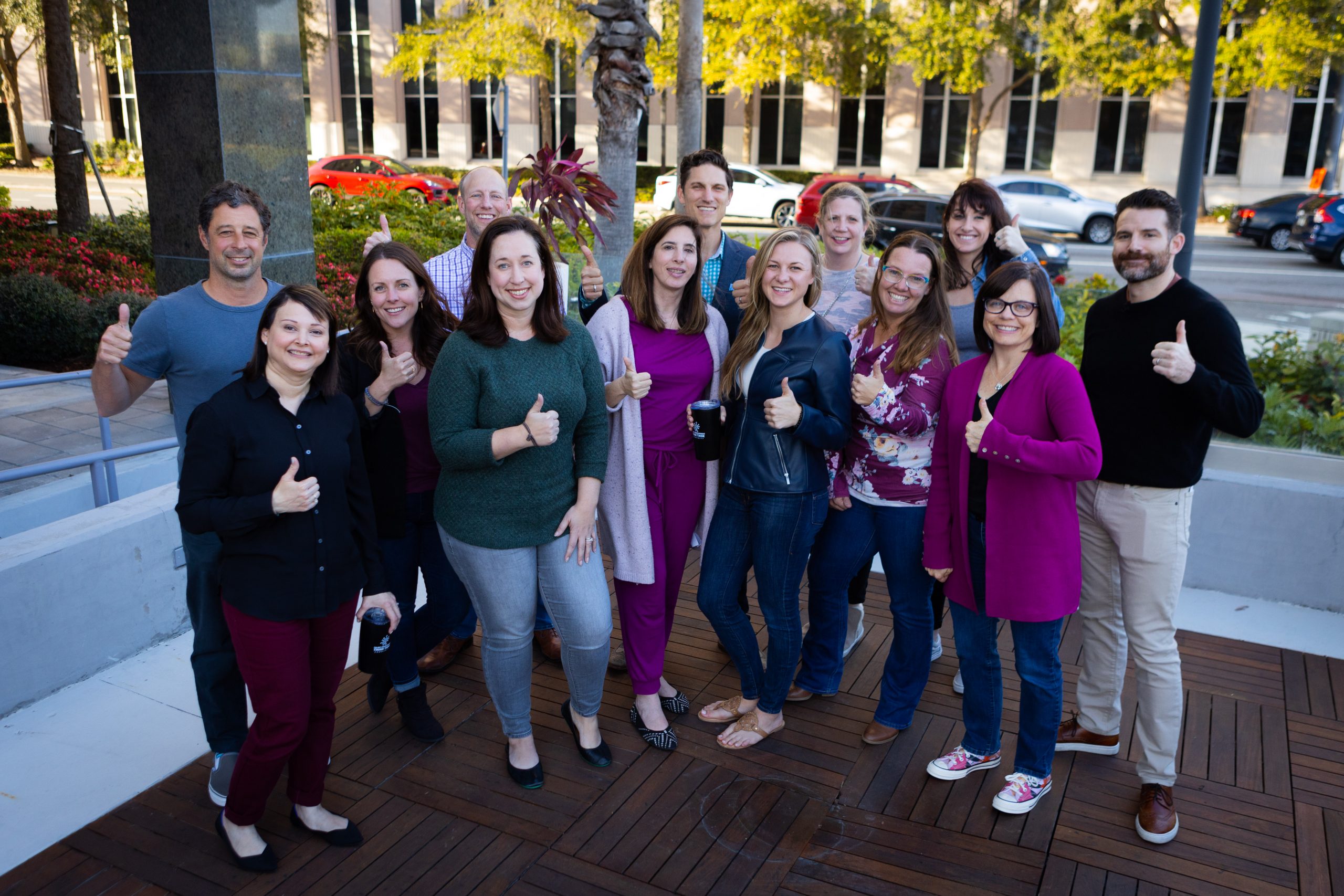The Role of Demographic Data in DEIB & Talent Development: Insights from Scott Ballina
Talent development is a crucial aspect of any organization's success. It involves identifying and nurturing the potential of individuals to maximize their skills and capabilities. However, to create a truly inclusive and equitable talent development program, organizations must understand the role that demographic data plays.
Scott Ballina, a seasoned DEIB practitioner and consultant who shares his personal journey and insights into creating inclusive environments within organizations, is on the Talent Development Think Tank Podcast this week. Let's dive into his insights on the importance of analyzing demographic data in talent development.
Analyzing Demographic Data:
Demographic data provides valuable insights throughout the employee lifecycle, from recruitment to performance and promotion processes. By analyzing this data, organizations can identify potential biases and barriers that may hinder the advancement of certain groups.
Diverse Interview Panels:
One effective tool to address bottlenecks in the talent development process and ensure diversity of input is the use of diverse interview panels. By including individuals from diverse backgrounds, organizations can counteract the effects of unconscious bias and make more informed decisions.
Complexities in Demographic Data Collection:
Collecting demographic data on race, ethnicity, gender identity, and sexual orientation can be complex, especially in international settings. This information is typically obtained through self-identification and surveys. It is important for organizations to handle this data with sensitivity and maintain individuals' confidentiality.
Employee Engagement Surveys:
Employee engagement surveys are an important tool for assessing differences in employee experiences based on demographics. If certain groups report lower levels of engagement or happiness, it may indicate bias or barriers that need to be addressed.
Disaggregating Survey Results:
To gain a comprehensive understanding of the experiences of different demographics, it is crucial to disaggregate survey results by gender and other relevant factors. This enables organizations to identify any discrepancies and take targeted action to promote equity.
Mitigating Bias and Promoting Equity:
Designing talent development processes and tools to mitigate bias and promote equity is essential. This can include measures such as diverse interview panels, writing bias mitigation statements, and training individuals to recognize and address bias during talent reviews.
Diversifying Executive Networks:
To create a diverse leadership pipeline, organizations must actively diversify their executive networks. This involves reaching out to underrepresented groups and providing them with opportunities to develop and excel in leadership positions.
Demographic data plays a crucial role in talent development. By carefully analyzing this data, organizations can identify areas for improvement, mitigate bias, and promote equity. Through the use of tools and practices organizations can foster a more inclusive and diverse workforce, ultimately driving innovation and success.
Remember to tune in to the Talent Development Think Tank podcast for more insightful discussions on this topic and join the Talent Development Think Tank community to stay engaged with the latest in talent development.
Scott began his career as a U.S. Navy officer. It was also the time of Don't Ask Don't Tell and he is a gay man. This experience taught him lessons that he has used throughout his career - the power of a diverse and inclusive team, the ability to work with people from all around the world and an appreciation of their cultures, and also the challenges of not belonging in an organization. These firsthand experiences formed his passion for diversity, equity, and inclusion (DEI) in our workplaces and communities. Coupling that with more than a decade of consulting and DEI experience, allows him to create measurable impact for his clients.

Listen to the podcast episode here:
Join us in the Think Tank Community!
The Talent Development Think Tank Community is where talent development professionals come together to share best practices, discover the latest trends, hear from experts and solve challenges so that they can perform better in their jobs and help their companies develop their people more effectively. If you are looking for new ways to engage and develop your people and accelerate your career success, this is the place for you. We have two levels to accommodate the different phases of where you are in your talent development career and journey.

